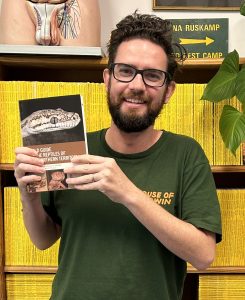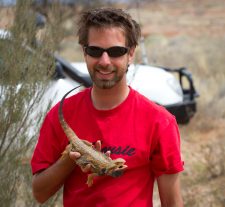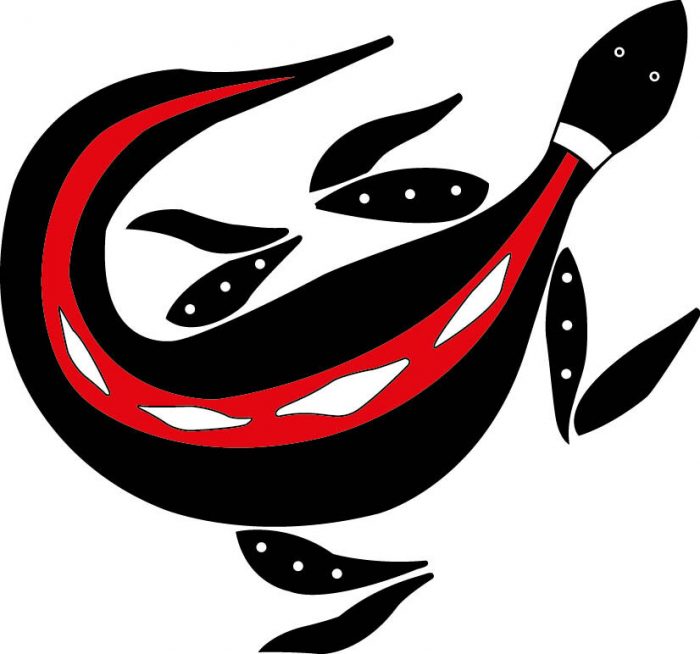Postdocs
Dr. Ben Ashton
August 2019-

Ben Ashton
Ben won a highly competitive Macquarie University Research Fellowship (MQRF). The majority of his research investigates the causes and consequences of individual variation in cognition, with a particular emphasis on exploring the relationship between sociality and cognition.
Ben’s google scholar page
Here is a personal summary of his work
A major component of my research career has been investigating the relationship between sociality and cognition. My PhD, carried out at UWA under the supervision of A/Profs Mandy Ridley and Alex Thornton, investigated the causes and consequences of individual variation in cognitive performance. I found empirical evidence in support of the ‘social intelligence hypothesis’(SIH). The SIH is one of the predominant hypotheses for the evolution of cognition and states that the demands of social life drive cognitive evolution. This idea receives support from comparative studies that link variation in group size or mating systems with cognitive and neuroanatomical differences across species, but findings are contradictory and contentious. I showed that in wild, cooperatively breeding Australian magpies, individuals that live in large groups show increased cognitive performance. Repeated cognitive testing of juveniles at different ages showed that the correlation between group size and cognition emerged in early life, suggesting that living in larger groups promotes cognitive development. Task performance was in turn linked to increased reproductive success, thus identifying a selective benefit of greater cognitive performance. Together, these results provided intraspecific evidence that sociality can shape cognitive development and evolution (link for the paper here).
Whilst postdoc-ing in Bristol, Prof. Andy Radford, Dr Patrick Kennedy, and I conceived a new hypothesis for the evolution of intelligence – that threats and opportunities from conspecific outsiders drive cognitive evolution (link here). Predictions about the social drivers of cognitive evolution have largely focused on within-group interactions. Competitive interactions among groupmates have been hypothesised to select for cognitively demanding behaviours, such as tactical deception, social manipulation and political manoeuvring. Conversely, cooperative aspects of group living, including the need to create functional, cohesive, bonded groups to solve ecological problems, have also been argued to select for greater cognition. Collectively, these within-group aspects of social life are argued to drive cognitive evolution and form the basis of the SIH.
However, we argue that in its current guise, the SIH overlooks an entire axis of sociality: interactions with conspecific outsiders. We hypothesised that outsiders present a number of unique cognitive challenges – conflict with rivals over resources and territory space, conflict with rivals over mating opportunities, contest dynamics when there are adversarial interactions between rivals, and the evaluation of secondary cues containing information about conspecifics (e.g. faecal deposits). Such challenges have the potential to select for ‘Napoleonic’ intelligence. Testing the predictions of an expanded SIH, which incorporates the challenges posed by outsiders, will explore the relationship between the complete social environment and cognition. Accordingly, an expanded SIH has the potential to resolve a question that scientists have debated for over 50 years – what are the predominant drivers of cognitive evolution?
My MQRF will investigate the predictions of an expanded SIH, by exploring the relationship between the within-group and inter-group social environment and cognition. I will use the Egernia model system and the Australian magpie to achieve these aims.
Dr. Chris Jolly
March 2022-

Chris Jolly
Chris works at the interface of ecology and animal behaviour. He is currently funded by a highly competitive Macquarie University Research Fellowship (MQRF). His postdoctoral research is entitled “Improving animal survival in the age of megafire”.
In predator–prey systems, cue modalities (i.e., sights, sounds, smells) differ in the information they offer. Olfactory cues (e.g., scent marking) and auditory cues (e.g., territorial calls) give prey relatively early warning of a predator’s presence, whereas sighting a predator signals imminent danger. Fire cue modalities also likely differ in the amount of early warning they provide.
Olfactory (i.e., the smell of smoke) and auditory (i.e., fire sounds) cues can travel long distances, and smoke plumes can offer a distant visual cue. By contrast, heat and flames signal immediate danger. Animals in fire-prone landscapes should recognise a fire’s distant cues as early warning signals, whereas animals from landscapes that rarely experience fire may not recognise these cues, delaying responses until the fire is upon them.
Chris’ research focuses on understanding the capacity of animals to detect and respond to fire and whether their evolutionary history has shaped anti-fire behaviour and decision making.
Chris’ Google Scholar page.
Follow Chris on Twitter.
Dr. Dan Hoops
April 2022-

Dan Hoops in the field with a bearded dragon.
Dan is a uniquely qualified neuroscientist-herpetologist. Dan’s PhD focused on the role of sexual selection on the evolution of dragon lizard brains.
Dan’s postdoc is the neural basis for the evolution of sociality. Here is a brief history of Dan’s academic history in his own words (also available on his web site).
In late 2021 I was a visiting scientist in the Memorial University Department of Chemistry, lab of Prof. Lindsay Cahill. Dr. Cahill is an expert in MRI methods and I’m benefitting from her expertise and resources to process and analyze the extensive collection of reptilian and amphibian neural MRIs I’ve acquired over the past ten years.
From 2019 to 2021 I was a postdoctoral fellow under the supervision of Dr. John Sled at the Mouse Imaging Centre (MICe) at SickKids Hospital in Toronto. I was also appointed to the Department of Medical Biophysics, University of Toronto.
From 2016 to 2019 I was a postdoctoral fellow under the supervision of Dr. Cecilia Flores in psychiatry at McGill University. I was based at the Douglas Hospital Research Centre located in the Douglas Mental Health University Institute.
Despite working primarily in hospitals my main interests are in basic, rather than applied, neuroscience. I want to know how physiological processes result in complex cognition, emotion, personality and the like. And I want to know how and why these functions evolved.
I did my PhD at The Australian National University in Canberra, Australia on lizard brain anatomy and evolution under the supervision of Prof. Scott Keogh. I was co-supervised by Prof. Martin Whiting at Macquarie University in Sydney. My thesis was titled “Structure and Evolution of Dragon Brains” and can be viewed for free here.
I completed my undergraduate degree at McGill University in Montreal, Canada. I was passionate about both neuroscience and animal biology throughout my degree and I ended up graduating with majors in both neuroscience and biology.
Dan’s web page.
Dan’s Google Scholar page.
Follow Dan on Twitter.
